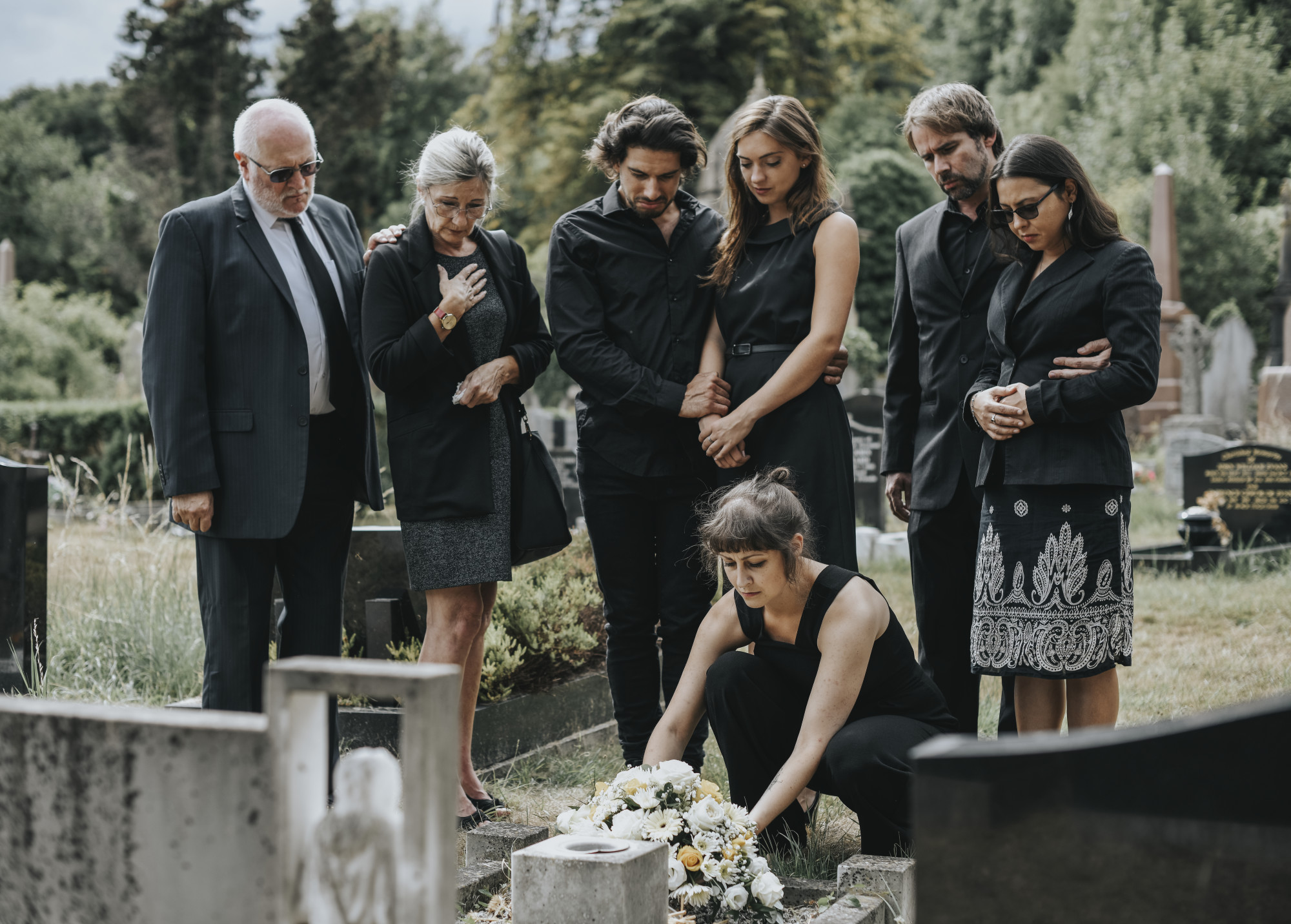When a parent passes on it can be a devastating experience. Whether their death was expected or sudden, this is a stressful and emotional time for every family member.
Yes, you are grieving but you may also be faced with the responsibility of making funeral arrangements in order to best honor the life they lived.
From making the first call, to handling financial and administrative matters, here’s how to plan a funeral.
Keeping It as Simple as Possible
A funeral provides a chance for family members and friends to honor the memory of a loved and respected parent. All the while, offering comfort and support to a spouse and children closest to the deceased.
So, where to start?
The first thing you need to determine is what type of service to host for your loved one. If they have not outlined a personal request in their will, then this choice is up to you and your siblings.
Most people tend to assume that a funeral and burial are one in the same thing or that choosing cremation doesn’t involve a memorial service at all. This is simply not the case.
Ultimately, the choice is completely up to when it comes to how you’d like to celebrate your parent’s life. But it’s important to choose the right type of service according to your own emotional strength and finances, of course.
What’s important to remember is that a funeral is comprised of two fundamental parts. The first includes the form of disposition of your loved one’s body and the second is the way in which to honor their life.
Here are a few fundamental steps to follow:
1. How to Plan a Funeral: Making the First Calls
You will need to contact all relevant parties about the news of your parent’s passing, as well as a funeral home for removal and care of their body.
Remember that family members and your legal representative should be contacted first if the deceased had a pre-arranged funeral plan.
2. Following a Pre-Arranged Funeral Plan
If your parent had a pre-arranged funeral plan, you should follow their wishes as closely as possible.
Generally, this plan will include specifics about their preferred funeral service provider, the disposition of their body and the type of memorial service.
3. Pre-Arranging Your Own Funeral Services
If your parent did not have a pre-arranged funeral plan in order, you’ll need to meet with the director of the funeral home which collected their body.
During this meeting, you must decide how your loved one’s body will be cared for- burial, cremation, or alkaline hydrolysis.
From here, you will discuss what type of ceremony will be held to celebrate and honor their life.
4. Cemetery and Burial Arrangements
If you prefer to have your loved one buried, you will then need to purchase a cemetery property, also known as a plot, and a casket. Alternatively, you can also choose a cemetery crypt to store their casket.
If you have any questions about how the body is treated during burial, the funeral director will be able to supply more detail.
If you choose cremation for your loved one, you will need to purchase an urn, like one of these beautiful lighthouse cremation urns.
Purchasing a niche for an urn in a cemetery is always optional. You can generally take their remains with you and choose to display the urn yourself, if you prefer.
5. Planning the Memorial
Yes, a memorial is part of a funeral. This is where the life of the deceased is celebrated through readings, prayer, music, food, and drink- whatever you prefer.
Ultimately, you should choose a manner in which best suits your loved one- something they would have genuinely loved and appreciated.
Planning the memorial is divided into three parts: choosing a venue, date, and time; sending out invitations; and providing food and drink.
6. Wrapping Up Estate and Financial Matters
Finally, you will need to wrap up your parent’s estate and all financial matters, according to their wishes as outlined in a last will and testament.
Just some of these matters include sending out a notification of death, filing for death benefit claims, changing asset titles, etc.
Looking for Lifestyle Inspiration?
If you’re looking for more on how to plan a funeral and move on after the passing of a loved one, check out the rest of our website for more life inspiration.











